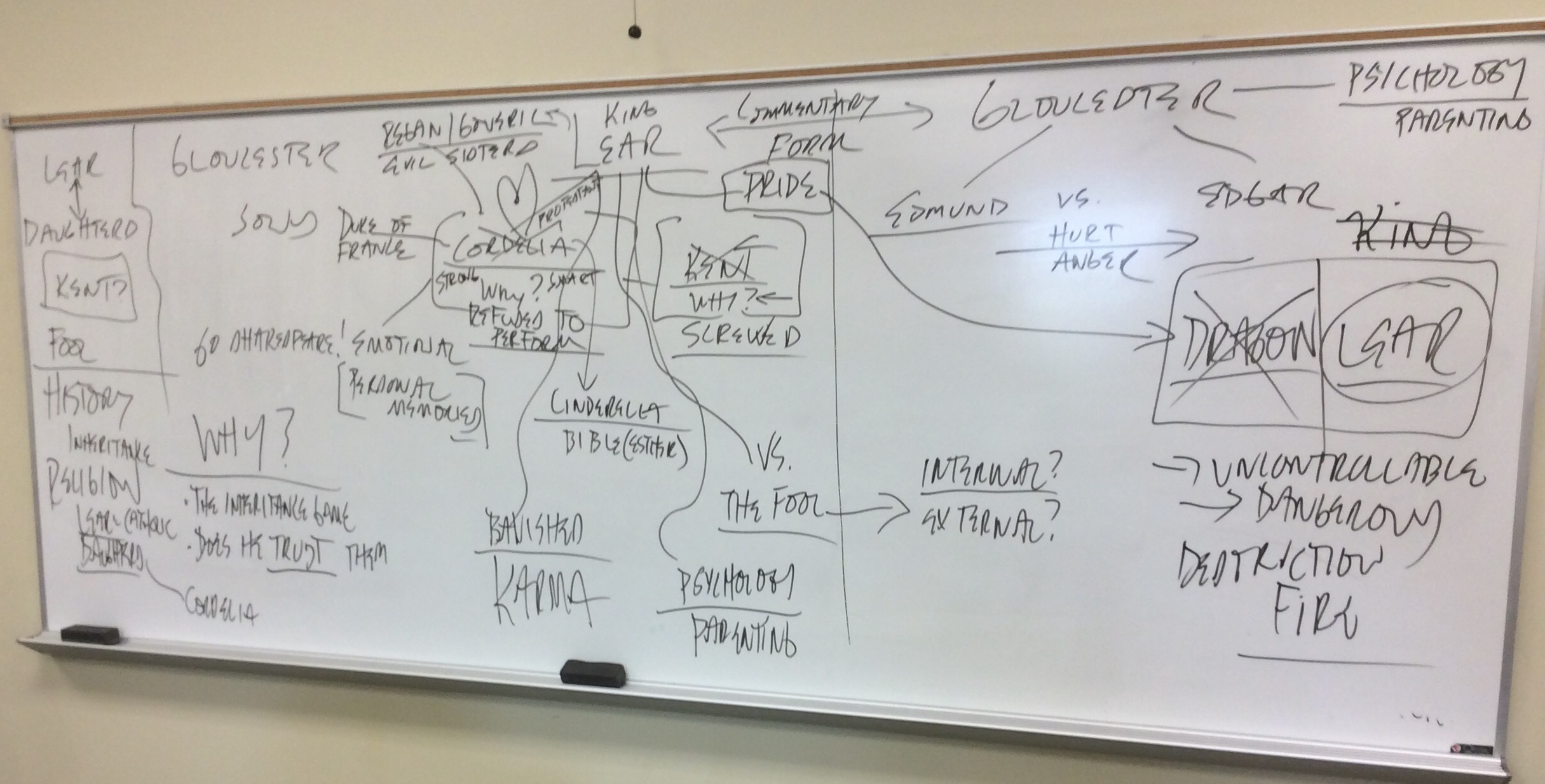I’ve been cribbing exercises from The Pocket Instructor: Literature for awhile now, but spurred by a friend’s idea I introduced a new exercise from the book’s bag of 101 tricks today: the Sixty Second game.

Here’s the description I provided on my ENGL 112 students’ daily worksheet of how the exercise would work:
Each of you will have exactly sixty seconds to comment on the day’s reading: no more, no less. Even if you’re in the middle of a sentence when the IPAD alarm rings, we will move on to the next person. If you finish your comment before the clock is up, you can recite the alphabet to finish the time. No repeats. Add something new. Build upon or contradict what others have said before you.
I added the wrinkle of giving students two minutes before the exercise began to write down their insight and gave these prompts to get them started:
“I thought it was interesting that…”
“I found it troubling that…”
I had known about the exercise for a while and was also aware why I hadn’t ever done it in class: I was worried about the teacher’s part which consists of taking the spoken insights from the students and mapping them on the board in real time. The exercise was about trust: the students trusting that themselves enough to talk about what they found interesting or what they wanted to more about–really, that they had something to say–and my trust in them and in my own capabilities to hear them and put their thoughts up on the board in a reasonably organized way.
I. Loved. It. I trusted my students. They trusted me. We o


We started discussing Kurt Vonnegut’s Mother Night and Shakespeare’s King Lear in the two respective classes I taught today, and my board maps are above. My students were game, and I thought our discussions actually got somewhere as a result of asking them to respond and build upon each other without my direct intervention. I will use this again…
